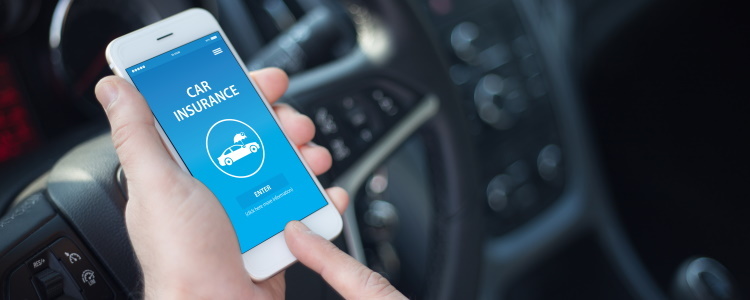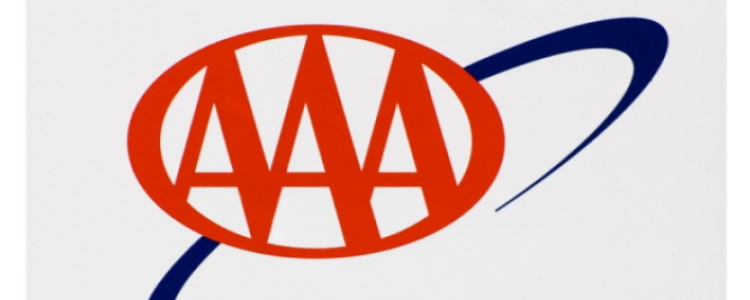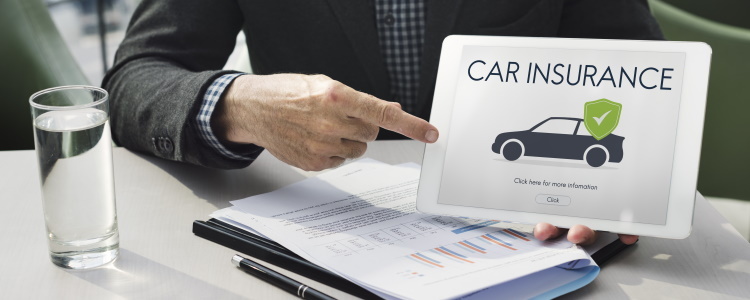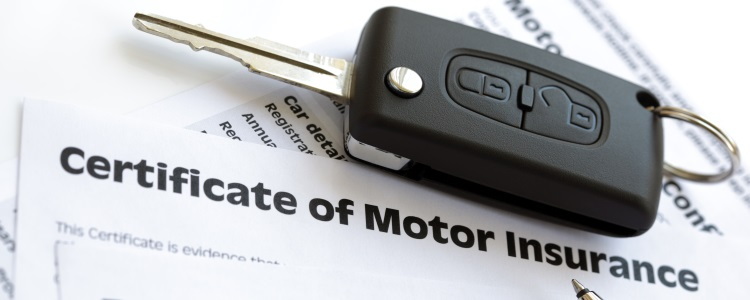Do you know what goes into the average auto insurance policy? How about one on a financed car? Did you know that there are certain rules that go along with the insurance coverage you're required to carry? For answers to these questions, and a helpful hint or two about choosing the proper policy for your situation, read on.
Auto Insurance Isn't One Size Fits All
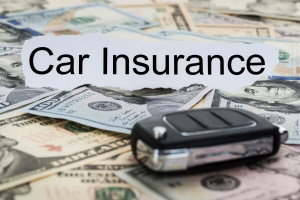 It can be tough to know exactly what you need when it comes to auto insurance, especially if you're financing a vehicle. If you're caught unaware, it can be quite a shock to find out that you need full coverage car insurance – particularly if you weren't banking on a higher cost insurance policy.
It can be tough to know exactly what you need when it comes to auto insurance, especially if you're financing a vehicle. If you're caught unaware, it can be quite a shock to find out that you need full coverage car insurance – particularly if you weren't banking on a higher cost insurance policy.
That's right, full coverage auto insurance is a contract requirement when you finance a vehicle.
However, there isn't a one-size-fits-all "full coverage" box you can tick when you're getting car insurance. You're typically left comparing rates on policies that include enough coverage to meet your lender’s minimum insurance requirements.
Full coverage auto insurance is usually some combination of comprehensive, collision, and liability insurance. It generally means that you have enough coverage no matter how much damage is caused, or who is at fault in an accident.
Minimums vary based on lender requirements and the state you live in, but you typically need some combination of:
- Liability insurance – Covers medical bills and property damage if you're at fault in an accident.
- Collision insurance – Covers damage done to vehicles in a collision, no matter who's at fault.
- Uninsured motorist – Covers you from collisions with driver's who aren't insured, or who aren't insured enough.
- Comprehensive insurance – Covers non-collision damage, like storm damage, animal strike, or theft.
Now that you know what you likely need to include in your car insurance policy, it’s time to start exploring other optional coverage options that you may need or want.
Covering All the Gaps
The thing that many people forget is that a full coverage auto insurance policy doesn't cover the cost of your car loan. If something happens to your vehicle while you have negative equity, you're going to be left with a deficiency balance. No one wants to be stuck paying for an auto loan when they no longer have the car!
If this is something you'd rather prevent, you should consider adding a guaranteed asset protection (GAP) insurance policy to your vehicle. GAP insurance covers the difference between the value of your car at the time of an accident or theft, and the amount of money you still owe on your loan.
GAP can typically be purchased from your insurance provider, or offered as a dealer add-on – you can compare rates to find your best deal. GAP insurance is fairly inexpensive, often costing only around $40 a year.
What Happens if I Choose the Wrong Policy?
If you're financing a vehicle and decide not to pay for a full coverage auto insurance policy, you're not only risking your ability to pay for damages if something happens to your car, you're risking default on your auto loan contract.
Full coverage car insurance is a condition of an auto loan, and if you fail to keep that coverage in place, you lender typically does one of two things:
- Issues you force-placed insurance – This is an insurance policy of the lender's choosing to ensure that their asset (the vehicle) is covered until you've paid off your car loan. The lender isn't under any obligation to get the best rates for the coverage because you’re the one paying for it, so expect a force-placed insurance policy to be more expensive than what you'd normally pay. Don't worry about the extra bill, either. This coverage gets rolled right into your auto loan.
- Repossesses your vehicle – If you refuse to get, or can't afford full coverage insurance, and/or aren't paying your entire because of the additional cost of force-placed insurance, the lender can consider your car loan contract broken. Once this happens, they usually begin the process of repossessing your vehicle.
Since losing your car probably isn't an option, consider shopping around for the lowest price on a full coverage auto insurance policy so you don't have to dish out the extra cash on a lender-placed policy. If you don't know where to start, or need to find a new insurance policy, you can check out our trusted partner to compare car insurance offers online.
Car Insurance Too Expensive?
If you're having trouble affording your auto insurance, it may be time to look for a less expensive vehicle to insure. If you're in need of a car to insure but don't know where to start searching for an auto loan with bad credit, let Auto Credit Express be your guide.
We've been connecting consumers to dealerships that can help get them the car loan they need for over 20 years. Simply fill out our fast, free, and no-obligation auto loan request form, and we'll get to work matching you with a local dealer.


